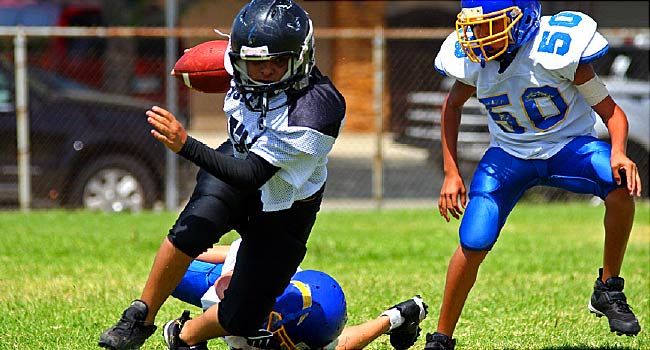
People who weren't active before the pandemic might want to view the reopening of facilities as an opportunity to improve their health and fitness levels, or to take up a new sport or activity.
from WebMD Healthhttps://img.webmd.com/dtmcms/live/webmd/consumer_assets/site_images/article_thumbnails/news/2015/12_2015/boys_football/650x350_boys_football.jpg https://ift.tt/3f4quLu
via IFTTT








0 comments:
Post a Comment